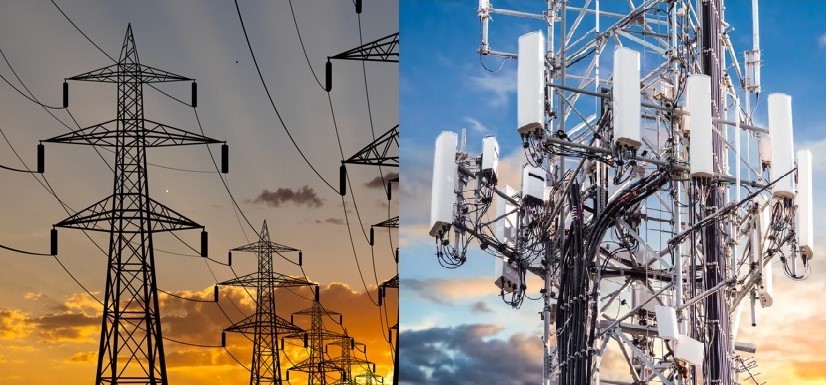Abuja — September 1, 2025
Two decades after Nigeria embarked on sweeping reforms in its infrastructure sectors, the nation’s telecom industry has emerged as a shining success story, while the power sector continues to lag behind, weighed down by inefficiencies and unmet promises.
Since the liberalization of telecommunications in 2001, the sector has grown exponentially, attracting billions of dollars in private investment, expanding mobile penetration to over 200 million active lines, and contributing more than 13% to Nigeria’s GDP. The industry has become a model for successful privatization, creating jobs, driving innovation, and bridging communication gaps nationwide.
By contrast, the power sector reforms launched in 2005 have struggled to deliver reliable electricity despite extensive privatization and government interventions. Nigerians continue to grapple with unstable supply, estimated at less than 5,000 megawatts for a population of over 200 million. Poor infrastructure, mounting debts among distribution companies (DisCos), gas supply bottlenecks, and regulatory inconsistencies have left the sector in a cycle of underperformance.
Experts note that while the telecom reforms thrived due to transparent licensing, effective regulation, and investor confidence, the power sector has been plagued by weak governance structures and political interference.
Energy analysts argue that unless the government addresses market liquidity, enforces accountability among operators, and incentivizes fresh investments in generation, transmission, and distribution, the sector may continue to underperform, stifling economic growth.
For millions of Nigerians, the contrast remains stark: mobile phones are ubiquitous, but steady electricity — a necessity for homes, industries, and businesses — remains elusive.
